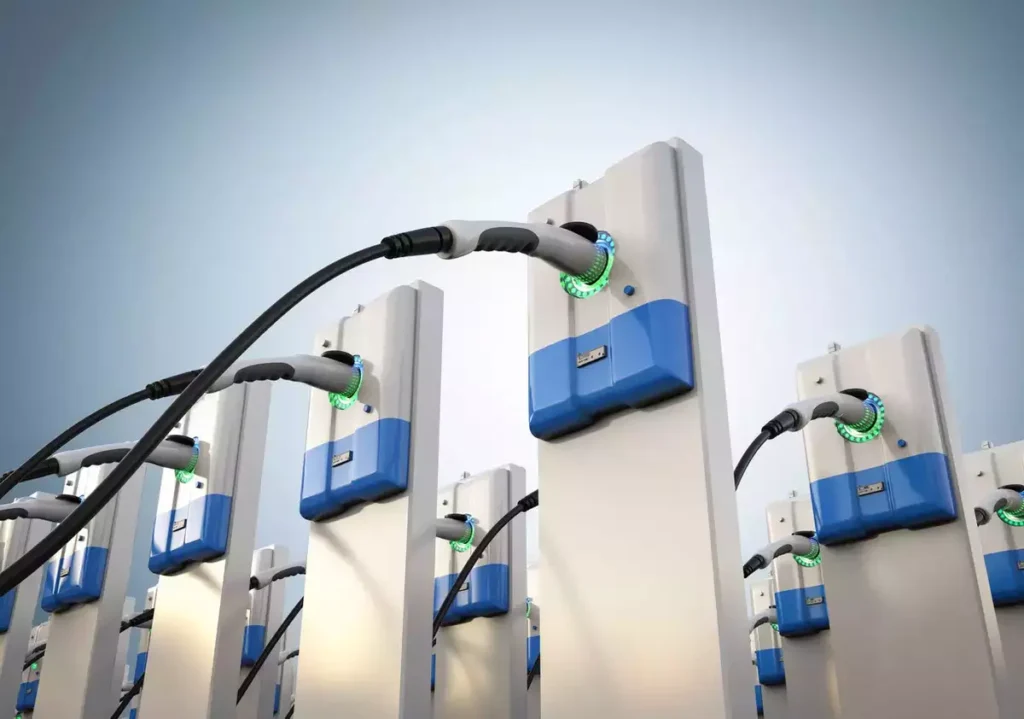EV Technology: Shaping the Future of Mobility: The electric vehicle (EV) landscape is rapidly transforming, fueled by continuous technological innovation. These advancements are enhancing EV performance and functionality and reshaping the entire automotive industry. Check this https://scienceandaerospace.blog/the-future-of-commercial-spaceflight/
Innovations Driving the Electric Vehicle Revolution
Several key areas are driving the EV revolution
- Autonomous Driving Technology: Integrating sophisticated sensors, machine learning algorithms, and artificial intelligence enables increasingly autonomous driving capabilities. This technology promises to transform vehicles into intelligent companions, enhancing safety and convenience.
- Intelligent Connectivity: Advanced telematics systems are revolutionizing how EVs interact with their surroundings. Vehicle-to-vehicle (V2V) and vehicle-to-infrastructure (V2I) communication enhances traffic management, optimizes energy use, and enables features like over-the-air (OTA) software updates, keeping vehicles up-to-date without requiring service visits.
- Enhanced Charging Infrastructure: Addressing range anxiety is crucial for wider EV adoption. The expansion of fast-charging networks and innovative charging technologies like wireless charging and vehicle-to-grid (V2G) capabilities make charging more convenient and user-friendly.
- Smart In-Vehicle Technology: From intuitive infotainment systems to advanced driver-assistance systems (ADAS). Innovative technologies are enhancing the driving experience, improving safety, and optimizing vehicle performance.
Navigating Challenges and Embracing Opportunities. EV Technology: Shaping the Future of Mobility
The transition to EVs presents both significant challenges and exciting opportunities:
- Charging Infrastructure Development: Building a robust and accessible charging infrastructure, especially in rural and underserved areas, is crucial for widespread EV adoption. Integrating EVs with public transportation can enhance urban mobility and reduce reliance on private vehicles.
- Addressing Range Anxiety: Overcoming consumer concerns about range limitations requires continued advancements in battery technology, leading to increased range and faster charging times. Addressing misconceptions about EV performance and maintenance is also essential.
- Supply Chain Sustainability: Securing a sustainable supply of raw materials for battery production is a critical challenge. Developing responsible sourcing practices and effective battery recycling methods is crucial for long-term sustainability and affordability.
The Road Ahead: A Sustainable and Electrified Future
Despite these challenges, the future of EVs is bright. Continued innovation and collaboration among stakeholders including governments, industry leaders, and consumers will pave the way for a cleaner, more sustainable transportation future. EVs are poised to play a central role in shaping the evolution of urban mobility and establishing a new standard in personal and commercial transportation.


